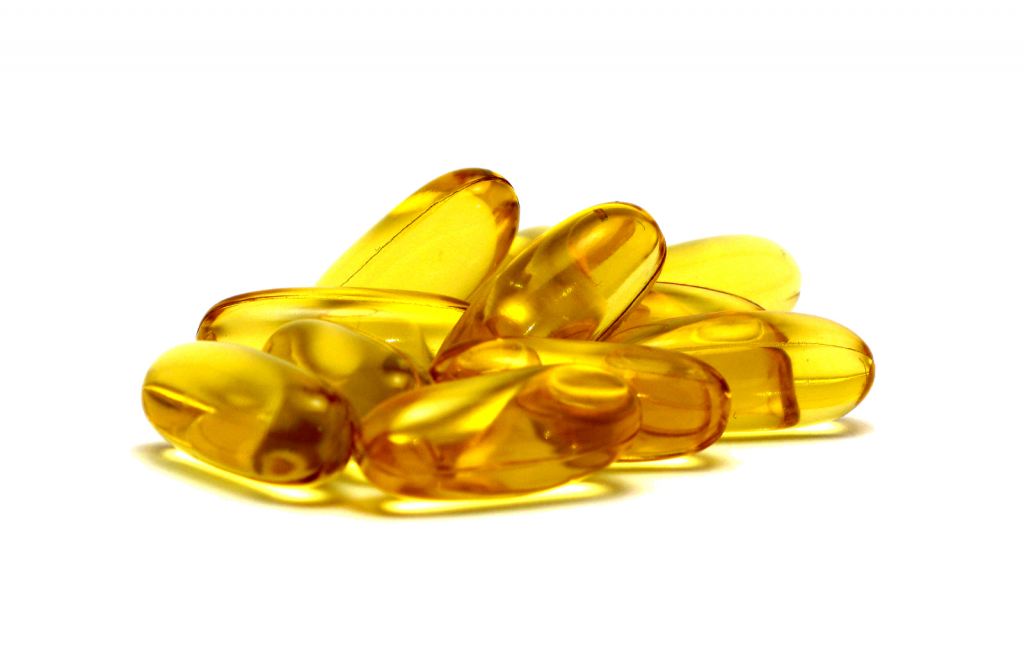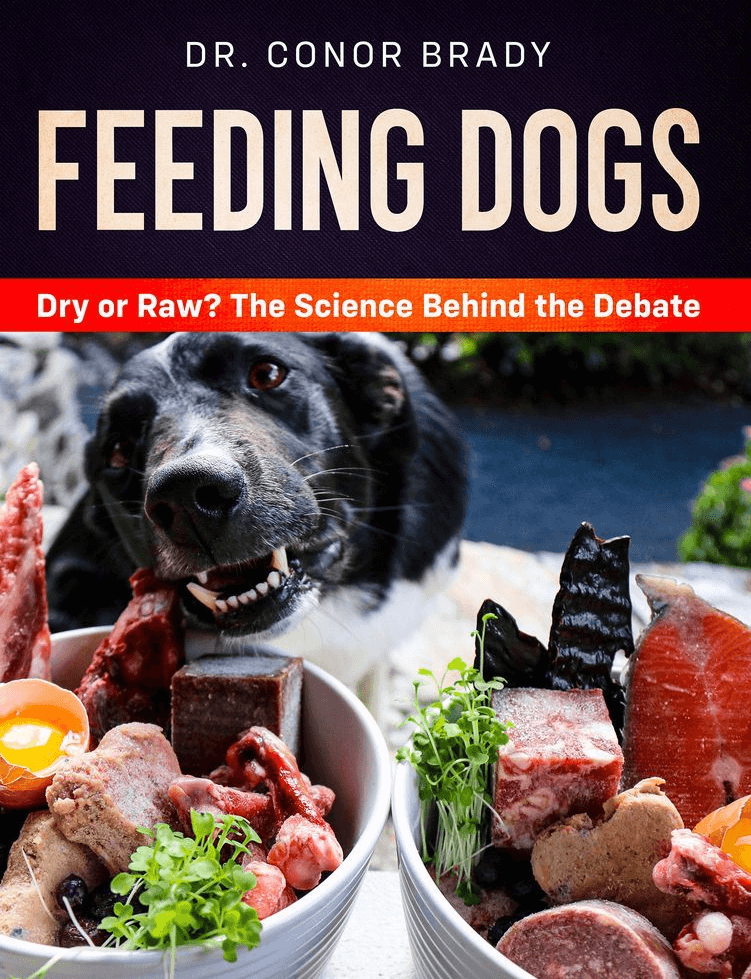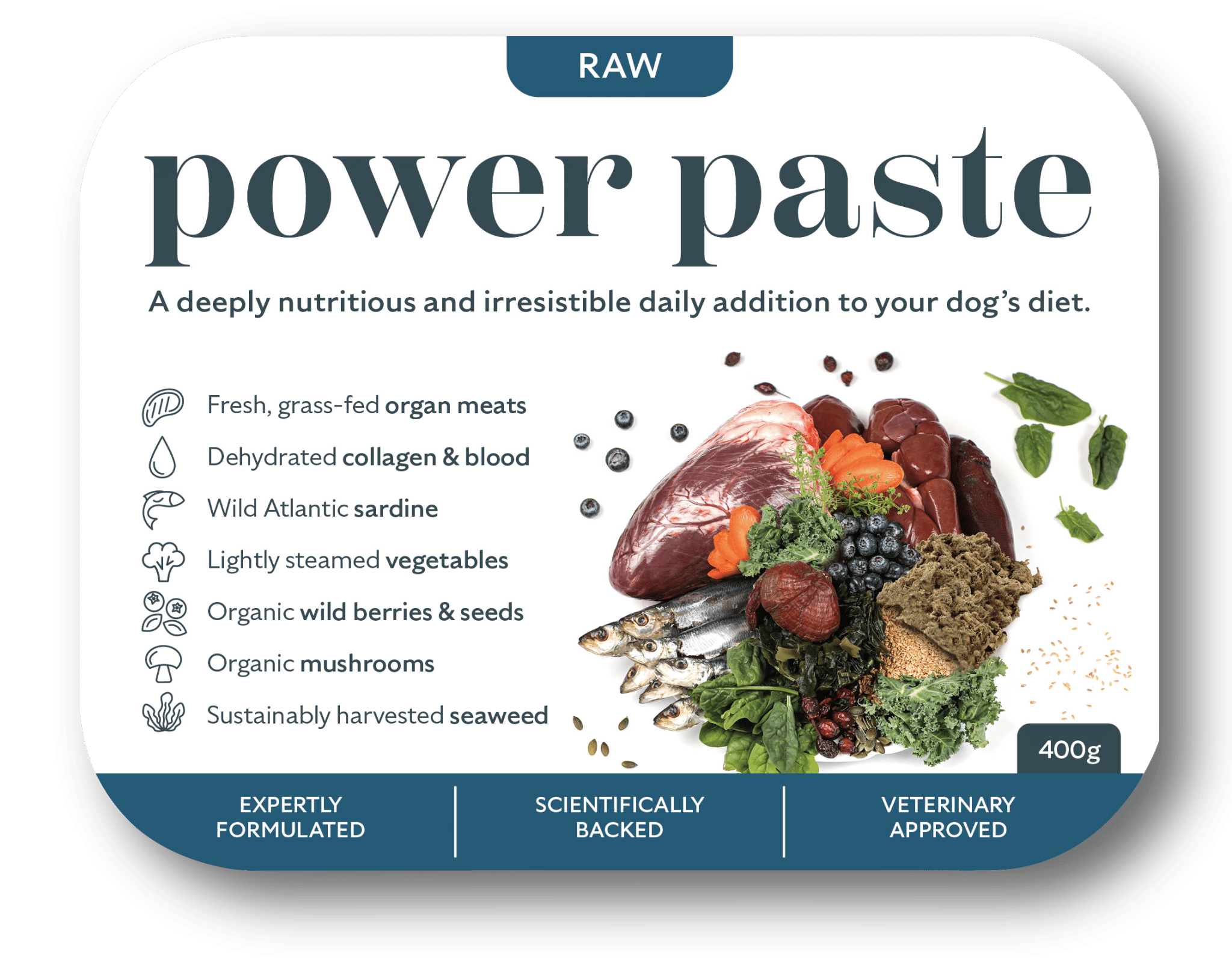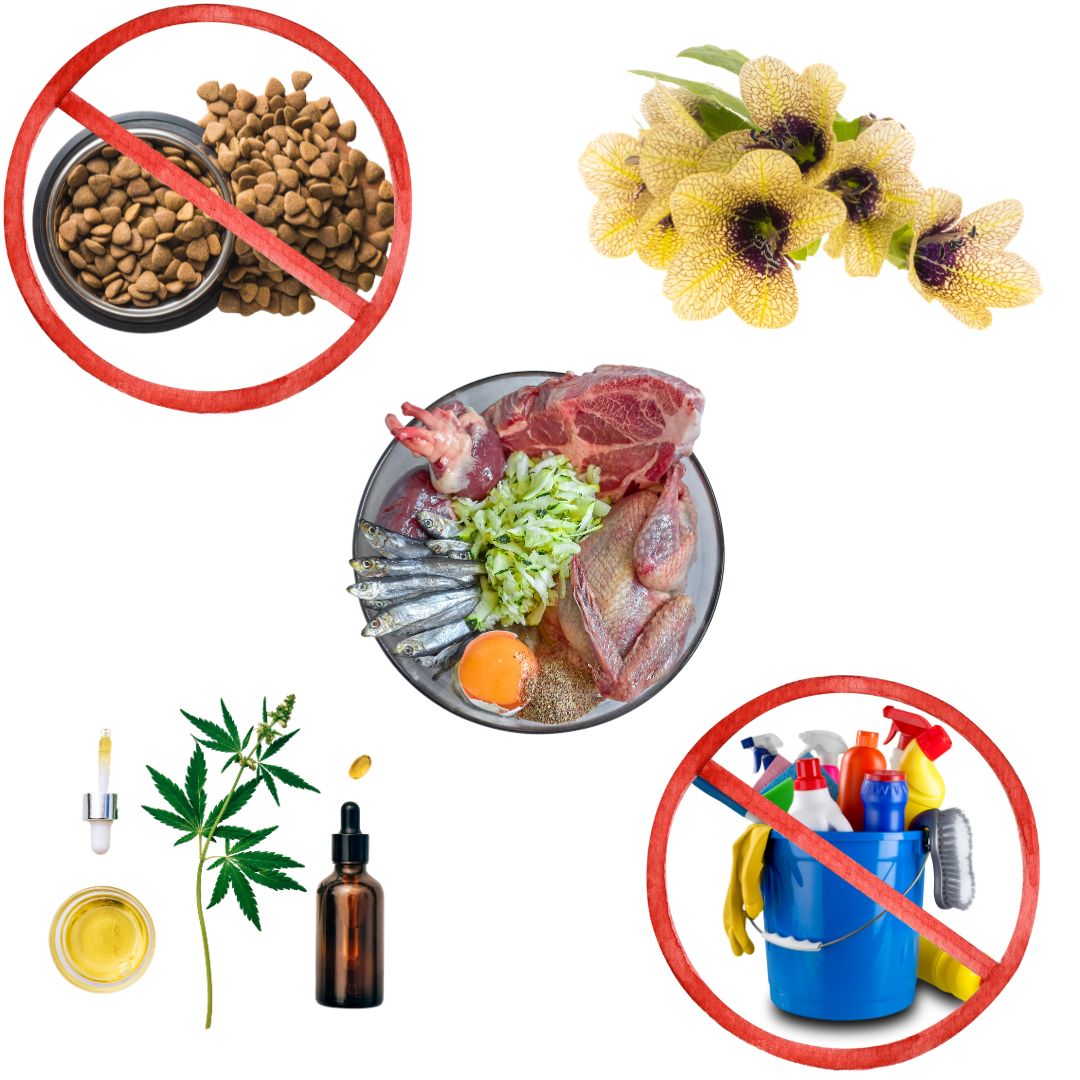
Fish Oil Supplementation in Dogs
I just read an interesting point on Patricia Gethin’s excellent forum re fish oil supplementation in dogs. It concerned a dog owner in Australia who had been giving 8 capsules of fish oil tablets to her 3yr old, fresh fed, 80kg Neopolitan Mastiff (example above, what a dog!) every day for life. By anyone’s reckoning, this would be seen as a very large dose of fish oil, considering a 70kg human needs only to take 1 per day.
One day the dog began to exhibit some lameness in his hind quarters. The owner took the dog to a vet and eventual orthopaedic specialist. Rimadyl (a non-steroidal anti-inflammatory) was prescribed and recommendations of fish oil and glucosamine supplementation were made. The owner informed the vets that she was already supplementing with 8 capsules a day. Both vets agreed this was fine and off the owner went.
Please Note: Glucosamine, found in fresh cartilage and cartilage being the chief ingredient in the supplements sold back to you at grossly inflated prices, performs notoriously poorly in studies of lame dogs. Chondroitin, on the other hand, performs well. Focus should be on the latter, not the former. Human versions are perfect as they are identical and infinitely cheaper.
The dog deteriorated. Another vet was consulted. X-rays conducted. A naturopath engaged. Nothing could be found. So the owner got to Googling, a terrifying and exhausting ordeal for a sick person. This time, however, it paid off.
The owner stumbled across a possible issue. Vitamin E deficiency. She stopped everything, supplemented the dog with a little vitamin E and three days later the dog was back to rude health. More on her story here.
Signs of Vitamin E Deficiency in Dogs, What to Do…
What was going wrong in her dog from the start was that all that fish oil needs vitamin E in order to be processed by the body. Feed too much fish oil and you can get vitamin E deficiency. While rare, this will visibly materialise as:
- severe pain
- hyper-sensitivity to pain
- lack of muscle tone
- edemas (fatty lumps, which makes sense, fat is no longer being broken down properly)
- cataracts (I can’t help thinking it’s like your dog is literally filling up with fat!)
- lameness
- weight loss (although no loss of appetite)
- premature ageing (early grey face)

If you are a) dry feeding or b) over-supplementing your dog with fish oil and your dog is displaying any of the above, please take note and action. It won’t hurt to try.
How much vitamin E would be needed? Well, they don’t need a whole lot so don’t buy the strong tablets of around 1000 IU (Internation Units, how most vitamins are measured). That will cause its own problems. They reckon as little as 4 – 10 IU of natural vitamin E is all that’s needed per 1000mg fish oil tablet to prevent the fish oil from depleting a dog’s vitamin E levels! So divide that weak tablet up considerably.
How do I Know if my Dog Needs Some Fish Oil?!
This is the first question, when do dogs need a little fish oil supplementation? Well first off, when we speak of “fish oil” supplementation what we really mean is omega 3 supplementation. In this respect, all dry fed dogs should get a little o3. Fat sprayed on the outside of the pellet a year ago and stored in a paper bag is not good, fresh fat, regardless of what the label (or your vet) tells you.
Poor, unfortunate dry-fed dogs aside, most fresh fed dogs get enough omega 3 from the fresh fat they consume, particularly if they are eating a little oily fish now and again. Still, you might consider o3 supplementation in your dog as it’s so good for them. particularly if they are displaying:
Dogs in particular need of supplementation are any displaying any of the symptoms below, most notably dogs with skin conditions. Studies show fish oil supplementation is highly effective in controlling skin conditions in dogs.
- a dry coat
- poor nail quality
- dry, itchy, flaky skin
- joint stiffness / arthritis
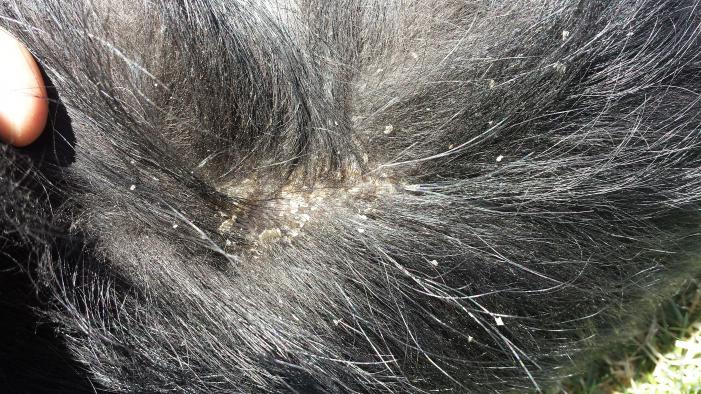
Aim for Oily Fish Over Fish Oil Supplementation…
Omega 3 comes in many forms, not just from fish but fish oil is certainly a good source of it. Before we discuss if your dog might need a little more o3 in her diet it’s first important to reiterate that the whole supplement business is very shady. In trials they rarely perform well, if at all, and this seems to be the case with generic fish oil too. In short, once anything is processed it destroys the bioavailability of the nutrient in question. Nothing compared to the fresh, unadulterated form (case in hand dry food versus fresh food in dogs).
In relation to fish oil, a study of the effects of fish oil on more than 3,000 men suffering from angina and lasting more than four years, actually found an increase in heart disease and sudden death in those supplementing with fish oil!!
Compare these findings to a review of 38 studies that found consuming oily fish 2-4 times per week reduced stroke risk in humans by 6%. Five servings a week reduced the risk by 12%.
The point is, once again, food in it’s whole, raw form is superior to the isolated, treated, mass-produced variety available in pill form. In this way, supplements should be viewed as a poor substitute to consuming oil fish (sardines, sprat, herring). If you think your dog needs some o3, a little fresh oily fish is the first place you should go. They don’t need a lot, as little as 100g a week for a 15kg dog would be fine.

What’s the Best way of Supplementing my dog With Omega 3?
After that, you have a few options. The generic “fish oil” capsule is probably the lowest on the ladder. Lowest in bioavailable o3. Highest in oily filler. Worse than this, fish oil comes from fish fat and fish fat is where the fish stores any toxins he has been accumulating from his environment. And we are pumping unsustainable amounts of chemical nasties into our oceans. Bits such as heavy metals (arsenic, cadmium, lead, mercury, all byproduct of our industrial lifestyle, clothes producers, metal manufacturers, farming, you name it) and PCB’s, a by-product of our love of plastic. All highly, highly toxic. Fish oil capsules, depending on where they’re from, and you’re not told, are likely to be higher in these nasties. Thus cod-liver oil tablets are better than generic fish oil tablets, certainly from a
Fish oil capsules, depending on where they’re from, and you’re not told, are likely to be higher in these nasties. As we can see below cod-liver oil tablets will be better and safer than generic fish oil tablets, certainly from a toxin point of view. Actually, the smaller the fish the better. Particularly if that fish is not a predator of other fish (they accumulate the nasties from their prey’s fat). In this manner krill oil is not only best but it requires fewer conversion steps, it goes straight in there. Needless to say it’s most expensive. Considerably.

The Styrofoam cup Test….
If you wanted to get even more particular, how those capsules are prepared is also really important. For instance, there are natural triglyceride oils. This is when you squeeze the whole fish and extract the natural oil from it. This is the best form in that it is best absorbed but it will be lowest in good bits as it contains “everything”. The most common form are ethyl ester oils. These are a result of natural triglyceride oils being distilled and concentrated to remove impurities. While this form can double or triple the levels of EPA and DHA they are poorer absorbed by the body.
How do you know which one your favourite capsule of choice is? Two ways. First read the label and / or contact the manufacturer. The second is the styrofoam cup test. Squirt a capsule of your fish oil into a styrofoam cup and put the cup on a plate. Leave for 10 minutes. Ethyl ester fish oils will eat right through the cup. Natural triglyceride fish oils will only show minor leakage after 2 to 3 hours.
https://www.youtube.com/watch?v=zJVXSaK9sbI
So What’s the Best Advice?
Getting a little bamboozled?! It’s simple. If your dog is fresh fed you don’t need to worry too much about it. The occasional bit of fresh oily fish or even tin of sardines or mussels (poor substitute) is all that’s needed. I recommend all dry-fed dogs particularly get some oily fish in their diet as often as possible.
If your dog is suffering a condition (skin or joint condition) then supplement them with a good quality cod liver oil at a minimum and krill oil at a maximum. Regarding dose, it is the EPA and DHA (what Omega 3 is made up of) which will do the magic. Check the back of the label. The more of these the better. You should aim to give your dog between 50 and 120mg of EPA and DHA combined per kilo of body weight for a short time and reduce after that, depending on need. So a 1000mg cod liver oil tablet containing 300mg of EPA/DHA would be a good dose for a 6kg dog. This can be doubled, however, in times of need but please remember that should you be supplementing in this manner for more than a week they will need a little vitamin E in there to avoid the issues mentioned in the beginning. Once the condition is controlled and passes aim to reduce supplements and replace with regular oily fish.
Buying by the bottle is far more cost effective than capsules. Recommend for large or multi-dog owners.
Finally if buying the capsule form of any of these then try to find a type that has some vitamin E already in there, helping you to avoid the vitamin E deficiency issues highlighted at the start of the article. But please note in dogs with conditions receiving good doses this is unlikely to be enough to counter the amount of oil being absorbed, vitamin E supplementation is still advised.

